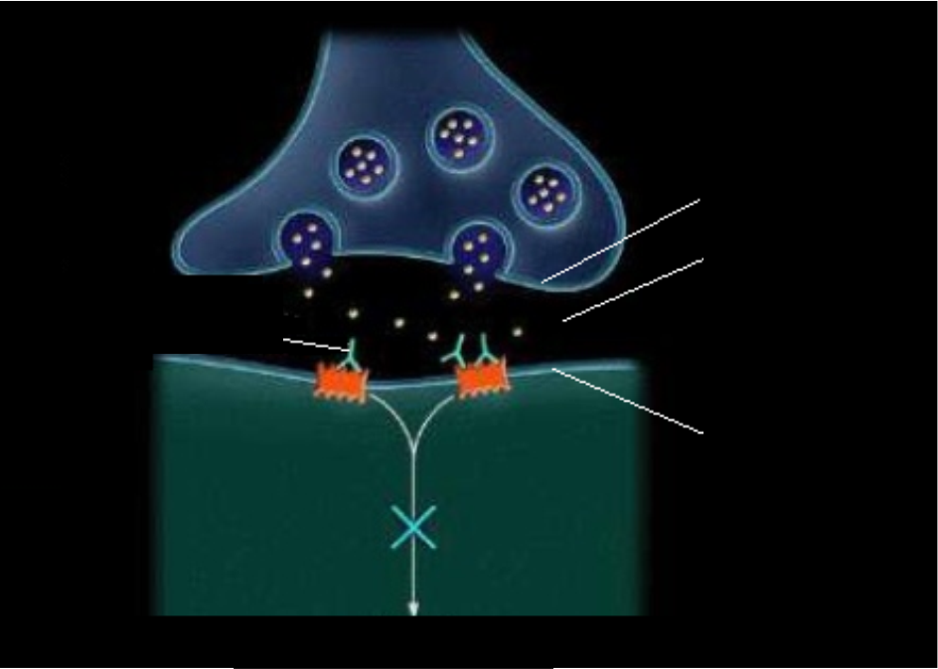Overview
Decipher MedTech Incorporated is a biotechnological company based in Alberta, Canada providing innovative medical devices and platforms. Decipher is a University of Alberta spinoff company derived from the discovery of a unique biomarker that will shape the future of Myasthenia Gravis diagnostics. The founding members have strong academic and entrepreneurial backgrounds that include decades of experience in synthetic and medicinal chemistry, computer-based drug design and the application of novel processes that lead to innovative products.
Decipher MedTech is a technology generator committed to creating novel solutions to address ongoing medical concerns. Further, Decipher strives to produce valuable products that will not only benefit the health industry, but also our partners and investors, fostering strong relationships and business opportunities.
Decipher is currently working towards the commercialization of our medical device diagnostic kits with plans to commence the regulatory application process once the necessary funds are acquired. Please visit our Contact page if you are an investor interested in this opportunity.

Myasthenia Gravis
Myasthenia Gravis (MG) is a chronic autoimmune disease weakening muscles, commonly the eyes, mouth, throat, and limbs often resulting in drooping eyelids, slurred speech, difficulty swallowing, and rapid muscle fatigue. Muscle weakening improves after periods of rest but worsens after periods of activity. The onset of MG can be sudden, and its severity can vary greatly among individuals. Very severe muscle weakness may even cause respiratory failure, posing an immediate life threat. MG symptoms are very similar to other diseases resulting in inaccurate diagnoses, delaying proper patient treatment. The cause of this autoimmune disease remains unknown and there is no cure; nonetheless, early detection is key to managing this lifelong medical condition.

Myasthenia Gravis is caused by the interruption of communication between the nerve and muscle at the neuromuscular junction. This leads to the body’s immune system mistakenly attacking itself. Normally, nerve endings release a neurotransmitter called acetylcholine that binds to its corresponding receptors on the muscle. This binding is what stimulates the muscle to contract. However, immune systems affected by MG produce antibodies that block, alter, or destroy the receptors for acetylcholine, thereby impeding muscle contraction. The thymus gland is also a contributor to the onset of MG. Many adults with MG are seen to have large thymus glands, whereas normally, the gland shrinks after puberty. The large size is due to the presence of clusters of immune cells developed due to incorrect signaling by the thymus gland. This causes the immune system to attack itself by production of acetylcholine receptor antibodies.
MG affects approximately one in every 5000 people, most often diagnosed in men over 50 years of age and adult women under 40. Although this disease is relatively rare, failure to address MG in the early stages leads to accelerated worsening of symptoms. Not only does this pose serious health risks to the patient, copious amounts of time, energy, and money are unnecessarily spent by medical practitioners due to false diagnoses. To date, there is no universal biological marker with the ability to detect all MG forms and serotypes or with the ability to follow the course of this disease; therefore, strategies for the identification of biomarkers exclusive to MG need to be explored. Hermay’s vision is to create an efficacious and accessible product that will mitigate the risks of incorrect diagnoses that could lead to improper medical attention. This fast-acting technology will be of significant benefit to the patient as the damaging symptoms of myasthenia gravis increases as time passes.
